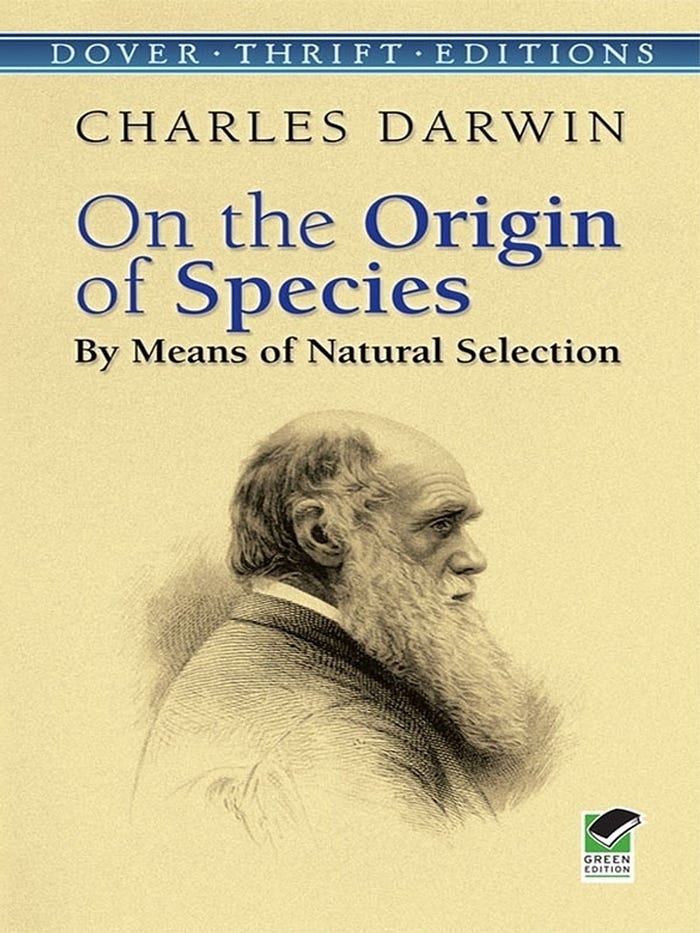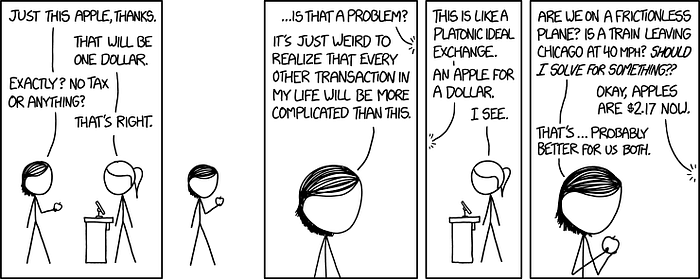Agile and Reclaiming the Joy Of Work
Work should be fun, a hobby you happen to get paid for
Unlike many Scrum Masters, I have had the privilege of working with teams with what I would call a mature Agile mindset. Something I’ve noticed in these teams is that once they have discovered the value of continuous improvement, it becomes an avalanche of relentless progress.
With little effort from me as a Scrum Master, beyond occasionally offering some guidance or advice, the team enthusiastically seize any opportunity to improve. What once was something they viewed with pessimism and sometimes even with suspicion (thank god we only have to talk about this in the retro!), becomes a game the team loves to play. It’s almost like the opportunity to improve things becomes a break from the tedious day to day work, something fun and rewarding. I find that this speaks volumes about the level of self-confidence, optimism, and pure virtuosity that the Agile mindset imbues in a team.
I think that this is the greatest reward of being a Scrum Master. A Scrum Team blossoming into its full potential is a beautiful thing to be part of. It is the reason I decided to switch from being a developer and part-time Scrum Master to a full-time Scrum Master.
But where do that focus and motivation in successful Scrum Teams come from?
It reminds me of an initiative I participated in as a student, many years ago. Living in a student complex hosting around 800 students, I was involved with the student association. Together with a group of about 8 people, we formed a committee to organise social evenings. With minimal funding and no experience whatsoever we created a small student pub which eventually managed to run a profit and still exists today. We simply had the cool goal of drinking beer and have fun with friends, a hunger for experiences that encouraged us to face any challenge with brash self-confidence, and the glory of pulling it off completely on our own.

We were all terribly young, and back then I had no idea why it was so much fun, working so hard in our free time. But through the years I have come to realise that that feeling is the one thing we are all looking for in our lives, consciously or subconsciously. The feeling of belonging and the synergy of working together towards a common goal. The kinship of a shared purpose. Once you have experienced it, it is the one thing you always want back in your life, the one infallible remedy for our existential angst.
I imagine it has to do with our history. Hunter-gatherers, dependent on each other, to go way back to our origins. I like to think that that was the goal that drove our greatest thinkers to imagine things like liberalism, stoicism, socialism, confucianism, and other -isms. I’m sure they never imagined the institutions they created, but were rather more interested in the simple idea of making it possible for everyone to be free to excel and contribute.
Considering the huge amount of time we spend working in our lives, I think it should be something to strive for, to have work be the one place where we realise that feeling of camaraderie and purpose. Many people instead put up with work and just get through the day so that they can finally get to their thing after work. They find it in a football club, gaming, or drinking beer at the pub. But how great is it when you wake up every morning looking forward to getting back to work?
There is enough science that suggests this is not such a strange thing. For example, I love how studies show that the level of fun in your work directly correlates to how productive you are. How cool is that? So, basically, the more fun you have the more productive you are, which means you have more time to find ways of making work even more fun… which leads to a cycle which can only get better.
These ideas are not new, and certainly not anything Agile has come up with. But it is now in our current time that we are seeing a significant growth in their importance. It is like obstructions are being lifted in how our society is organised, making room for the pieces of the puzzle to fall into place.
Our modern economy is one important factor. High levels of competition and huge rates of change have resulted in the monetisation of the human contribution to efficiency. Companies suddenly find that their “human capital” can make the difference between being successful or going bankrupt.
For me, the Agile mindset is the vehicle for this paradigm shift, a silver bullet geared at coordinating and giving all this change direction, helping to see the pieces of the puzzle form into a coherent goal.
An intrinsic part of this paradigm shift is empiricism, so I find it very suiting that Agile itself is fully devoted to improving itself, to evolve.
Whether Agile works or not, that is up to the people who implement it. In that sense, every article attempting to disprove Agile is just another use case, another piece of feedback to improve Agile. I find this a very encouraging thought: that even all the efforts of detractors of Agile are only helping to make it better.

I have written before about Scrum being no more than a tool in the Agile backpack. Scrum is a framework. It is a choice. In fact, it is a whole layering of choices. Every rule in the Scrum Guide is there to help us make these choices.
They are nothing more than a method towards an implementation. It only becomes something concrete when you apply these rules in the context of your particular situation. Therefore, every result depends on that specific implementation. And even in the case where we can empirically prove that a specific method does not work, still, we have not disproven Scrum. We have simply contributed to the next iteration. Nothing illustrates this more visibly than the continuing refinement of the Scrum Guide itself.

If you think about it, isn’t this the most fantastically optimistic and encouraging situation? Whatever you do, there is a positive result! “Failure” becomes something to look forward to, as it is the best way to improve.
In fact, as a Scrum Master, I have a reputation of being at my most exuberant when we screw up a Sprint. That is the moment where resistance to change often evaporates, where everyone is open to thinking critically and creatively and ready to make drastic changes.
So the only condition for all of this is believing in the Agile mindset and everything that goes with it. Agile is common sense! Work is fun! So let’s find ways to make it more fun. Like, a completely automated release pipeline connected to a racetrack. 20% time personal project Fridays. Working without estimates. The sky is the limit.
What is wrong with idealism? How can you grow without ideals? In fact, if you think about it, this personal conviction that drives us to be more than ourselves, isn’t that precisely the mindset that Agile is trying to cultivate? How can we try to help others achieve this without having the same commitment ourselves?
The fact that the goal is unclear does not need to stand in our way. Just like Plato’s ideal forms have no real meaning but stand as valuable references which confirm the concrete things we encounter in our lives, so pursuing the vision of Agile helps us find our way towards an implementation whose worth can only be judged in its particular context. The result is evaluated against the success of the implementation, not by how well it fits with our imagined vision of Agile.
In fact, it is this building on success after success that helps us refine that ultimate vision. A vision which quite possibly will turn out to be so much more than we can imagine now.
I’m reminded of Katsumoto in the movie The Last Samurai, who tells us that spending a lifetime looking for the perfect cherry blossom is a life well spent, only to realise as he lies dying that they are all perfect.

Agile and Scrum are relatively young. We are still discovering it. So it is not so surprising that the goal is still unclear. We are shaping it with our experience and our drive. It is still evolving. How about applying Scrum to sales, management, design? It is already happening. This fits perfectly with the latest iteration of the Scrum Guide, which has been specially revised to make it more generic, applicable to any situation, not just software development.
I had a meetup recently about Scrum in the future: what would Scrum look like in 30 years? I predicted Scrum will have disappeared. I see Agile as just one aspect of a major upheaval in the way we organise ourselves. We are rediscovering the value of diversity, cooperation and thinking for ourselves. I see it around me in things like grassroots movements, DIY, craft beer, meetups, open-source.
Eventually, we will reach the point where transparency, inspection and adaptation will be such a logical thing to do, so embedded in our psyches, that we won’t need Scrum or Agile to guide us anymore.


